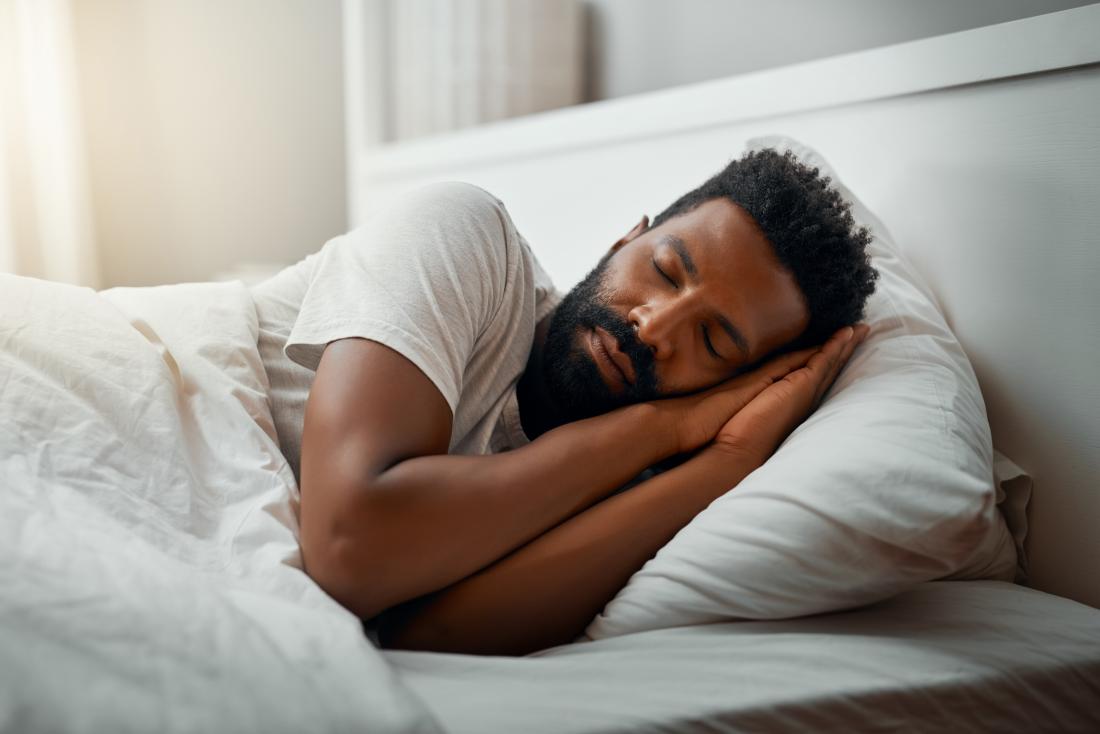Most of us have experienced waking up in the middle of the night, only to realize that our arm or hand has gone numb or has “fallen asleep.” Sometimes, we also feel a prickling sensation, as if tiny “pins and needles” are piercing through our skin. The medical term for this, is paresthesia, but why does this happen, and is it something that we should be concerned about?
Bright Side wants to help you get a good night’s sleep by providing information about this condition and sharing tips on how to avoid those annoying pins and needles.
Possible causes of paresthesia:
1) Sleeping position
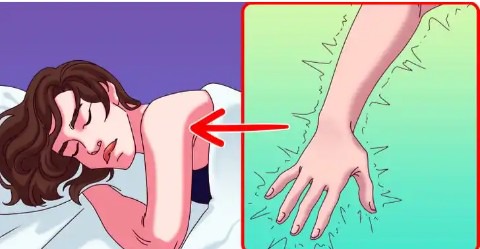 One of the main reasons people experience pain and numbness in their arms and hands while sleeping is a result of their sleeping posture. In certain sleeping positions, pressure may be put on nerve endings. When that pressure is not relieved quickly, it can then lead to a tingling, numb sensation in the affected limbs.
One of the main reasons people experience pain and numbness in their arms and hands while sleeping is a result of their sleeping posture. In certain sleeping positions, pressure may be put on nerve endings. When that pressure is not relieved quickly, it can then lead to a tingling, numb sensation in the affected limbs.
Sleeping with your arms above your head can cause numbness by cutting off circulation to your hands. Avoid folding your arms under your pillow while you sleep. The weight of your head can put pressure on your wrists or elbows and compress a nerve.
2) Pinched nerve
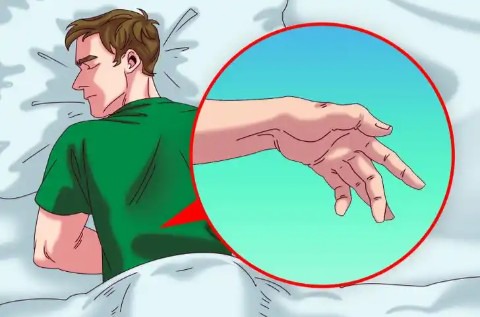 Cervical radiculopathy, commonly called a “pinched nerve,” occurs when a nerve in the neck is compressed or irritated where it branches away from the spinal cord. This may cause pain that radiates into the shoulder and/or arm, as well as muscle weakness and numbness.
Cervical radiculopathy, commonly called a “pinched nerve,” occurs when a nerve in the neck is compressed or irritated where it branches away from the spinal cord. This may cause pain that radiates into the shoulder and/or arm, as well as muscle weakness and numbness.
Pinched nerves can affect several areas of your body: A pinched nerve in the cervical spine can give you a stiff neck, and the pain and numbness can affect the shoulder and arm.
3) Stress and anxiety
 It is common for anxiety to cause feelings of numbness and tingling. This can occur almost anywhere on the body but is most commonly felt on the face, hands, arms, feet and legs. This is caused by the blood rushing to the most important parts of the body that can aide fight or flight.
It is common for anxiety to cause feelings of numbness and tingling. This can occur almost anywhere on the body but is most commonly felt on the face, hands, arms, feet and legs. This is caused by the blood rushing to the most important parts of the body that can aide fight or flight.
4) Vitamin B12 deficiency
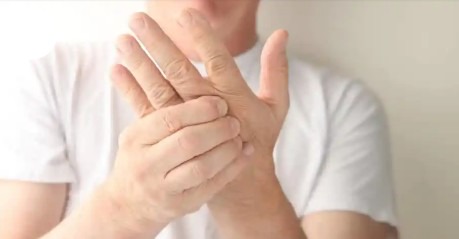 Over time, peripheral nerve damage resulting from vitamin B-12 deficiency can lead to movement problems. Numbness in the feet and limbs may make it hard for a person to walk without support. They may also experience muscle weakness and diminished reflexes.
Over time, peripheral nerve damage resulting from vitamin B-12 deficiency can lead to movement problems. Numbness in the feet and limbs may make it hard for a person to walk without support. They may also experience muscle weakness and diminished reflexes.
How to avoid or minimize paresthesia:
– Try a new sleeping position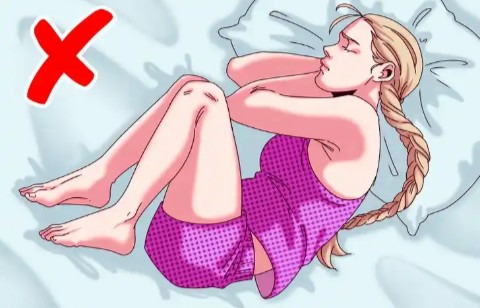 Try a new sleeping position, particularly on your side. Avoid laying on your arms under your pillow, which can compress nerves. Make sure your wrists remain unflexed, since flexing can lead to tingling. If you often sleep on your back with your arms overhead, try keeping them next to you to reduce nerve pinching
Try a new sleeping position, particularly on your side. Avoid laying on your arms under your pillow, which can compress nerves. Make sure your wrists remain unflexed, since flexing can lead to tingling. If you often sleep on your back with your arms overhead, try keeping them next to you to reduce nerve pinching
– Use a wrist brace or towel while sleeping.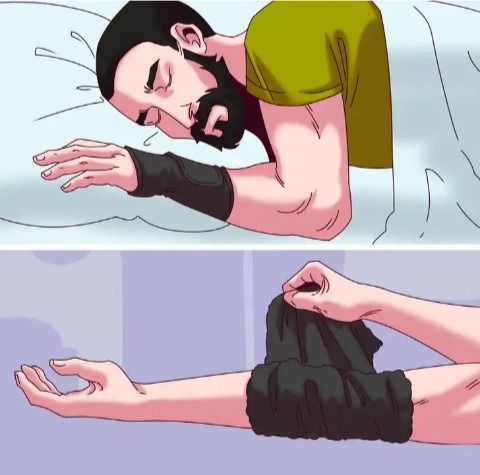 Most people bend their wrists when they sleep. That puts pressure on the median nerve. A brace can help because it keeps your wrist in a straight, neutral position. You can also wrap a towel around the elbow, and secure it with a bandage, to prevent it from folding.
Most people bend their wrists when they sleep. That puts pressure on the median nerve. A brace can help because it keeps your wrist in a straight, neutral position. You can also wrap a towel around the elbow, and secure it with a bandage, to prevent it from folding.

 Latest4 days ago
Latest4 days ago
 Crime6 days ago
Crime6 days ago
 Agribusiness1 week ago
Agribusiness1 week ago
 Agribusiness5 days ago
Agribusiness5 days ago
 Business5 days ago
Business5 days ago
 Crime6 days ago
Crime6 days ago
 Business6 days ago
Business6 days ago
 Business6 days ago
Business6 days ago
